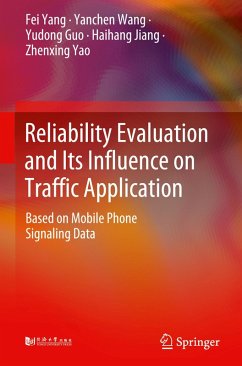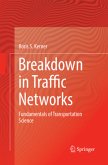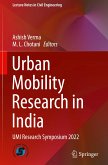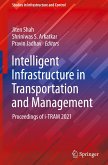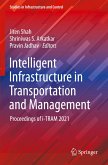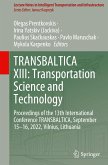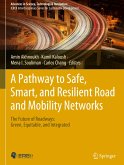Traditional resident travel surveys have limited the development of traffic planning theory and traffic model technology. Although mobile phone signaling data has been widely used to analyze macro urban travel characteristics, travel patterns, and travel behavior due to the advantages such as wide coverage, dynamic performance, and low collection costs, its potential and reliability in collecting individual travel chain information lacked demonstration and consensus.
This book aims to explore a set of methods to extract travel chain information based on the intensive base station under 4G/5G mobile communication network systems. It then verifies the reliability of constructed models from multiple perspectives by integrating empirical research and simulation technologies. Finally, it analyzes the influence of reliability on engineering practice from the perspective of traffic models. By demonstrating the availability of travel information extraction technology, this book provides a systematic and objective reference for traffic practitioners, which enhances their trust in related big data analysis technologies in traffic engineering. It also provides a solid foundation for optimizing and reconstructing theoretical traffic models, urban traffic planning, management, and decision-making.
This book helps traffic engineering researchers, technicians, and managers better understand the difficulties and challenges associated with the application of signaling data. It also helps them better evaluate the impact of existing data types and extraction methods on the four-step method, and adapt to changes in traffic demand and technological environment to achieve theoretical innovation and technological reform.
This book aims to explore a set of methods to extract travel chain information based on the intensive base station under 4G/5G mobile communication network systems. It then verifies the reliability of constructed models from multiple perspectives by integrating empirical research and simulation technologies. Finally, it analyzes the influence of reliability on engineering practice from the perspective of traffic models. By demonstrating the availability of travel information extraction technology, this book provides a systematic and objective reference for traffic practitioners, which enhances their trust in related big data analysis technologies in traffic engineering. It also provides a solid foundation for optimizing and reconstructing theoretical traffic models, urban traffic planning, management, and decision-making.
This book helps traffic engineering researchers, technicians, and managers better understand the difficulties and challenges associated with the application of signaling data. It also helps them better evaluate the impact of existing data types and extraction methods on the four-step method, and adapt to changes in traffic demand and technological environment to achieve theoretical innovation and technological reform.

